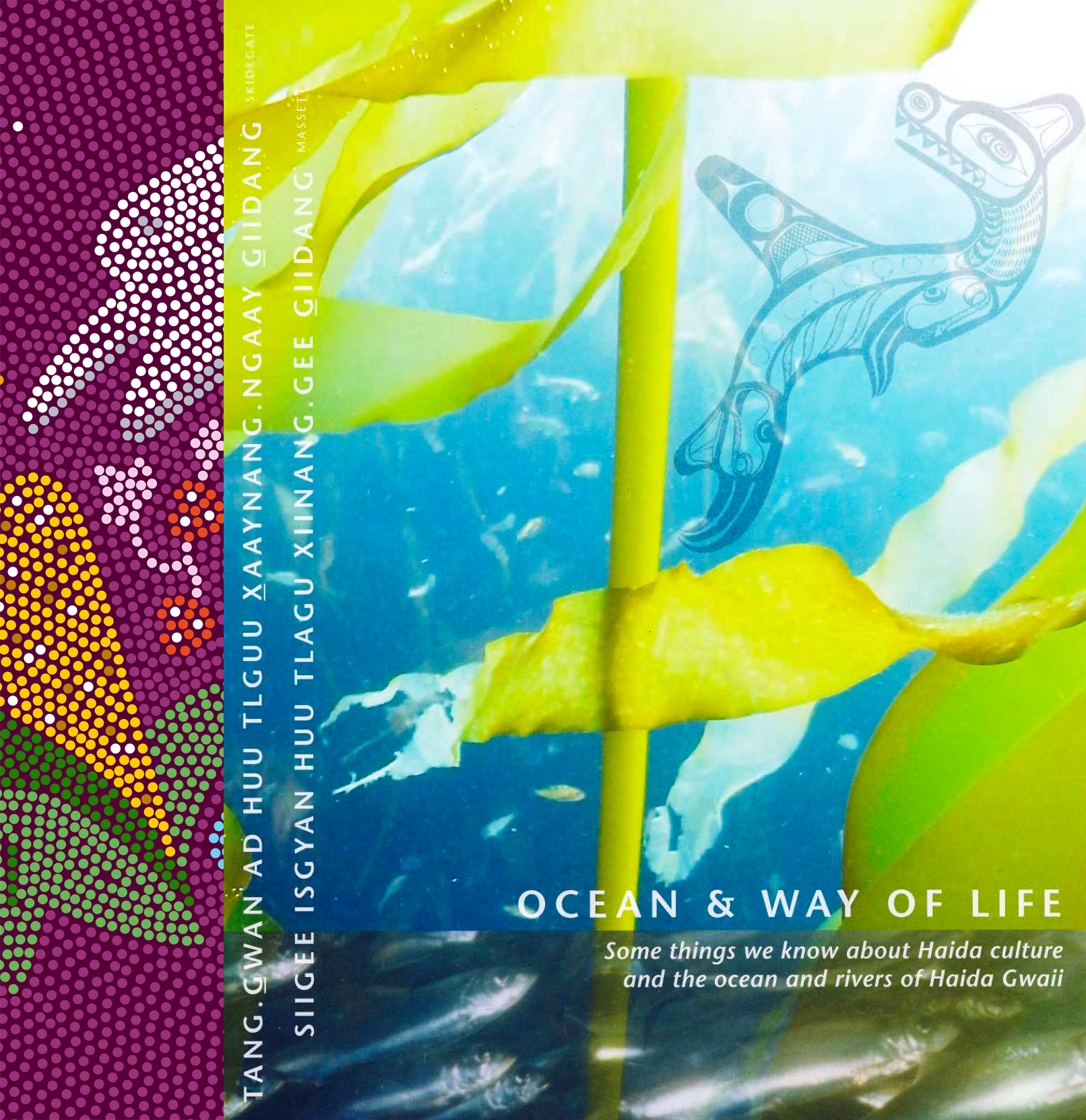With the summer solstice behind us and the prospect of a post-COVID “two dose” summer ahead, many are anticipating a return to normal. But the COVID era has revealed health inequities and structural realities that make return to “normal” untenable.
Incidents in the last twenty months, including the death of Joyce Echequan in a Quebec hospital, a higher death toll from overdoses than from COVID in Indigenous communities, and the continued-unearthing of mass graves of children at Indian Residential Schools, highlight that systemic racism has flourished in our collective silence and inaction.
This is not a baseline to which we can return.
As we reopen, we must all confront a question that stands between a return to normal and advancing toward a future that affirms the self determination of Indigenous peoples.
Read more in the policy brief from Elisa Levi and Hayley Lapalme.







